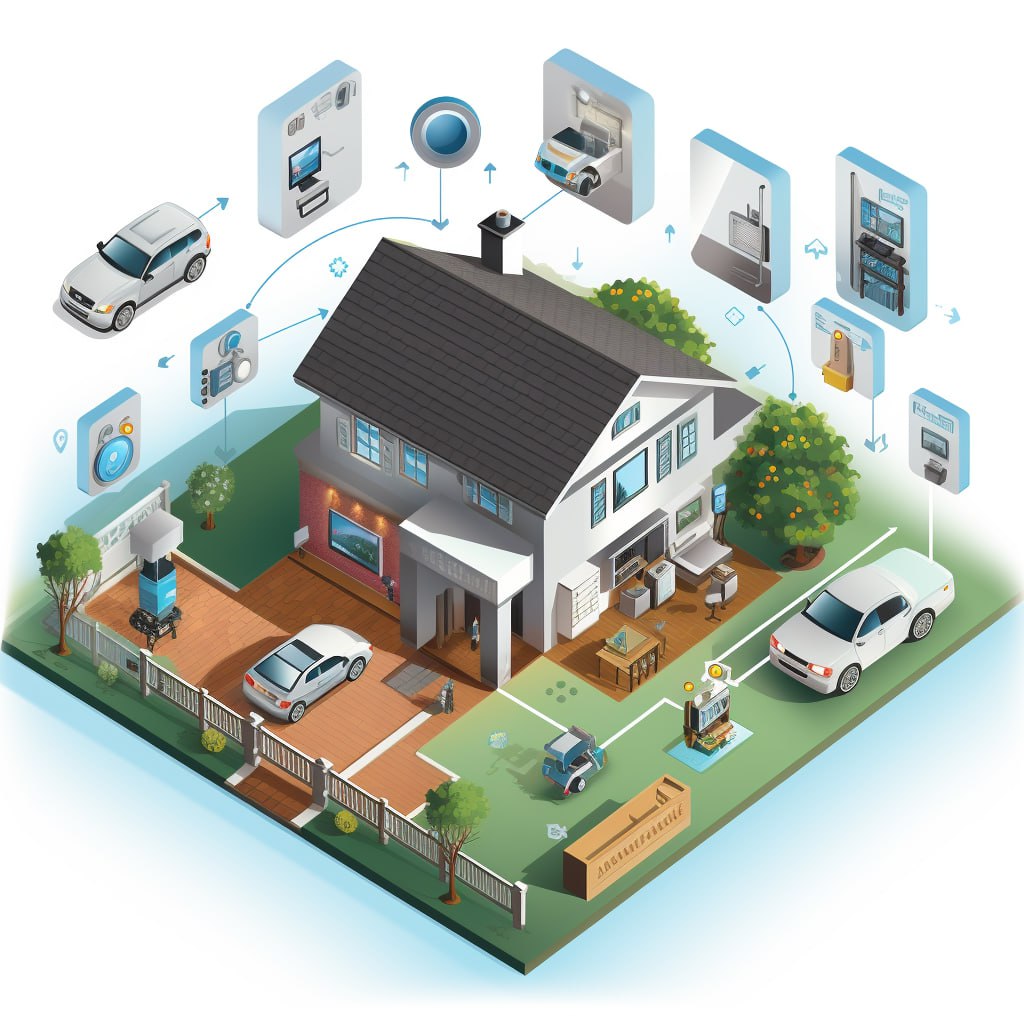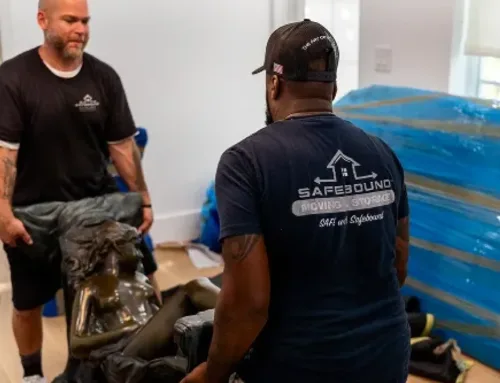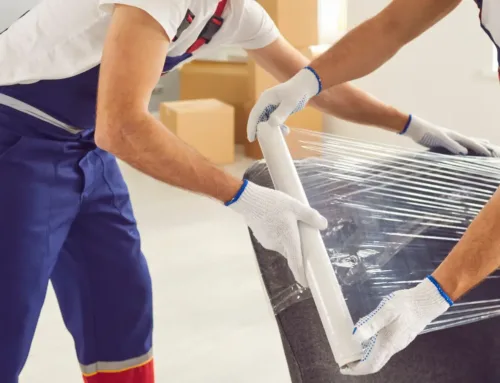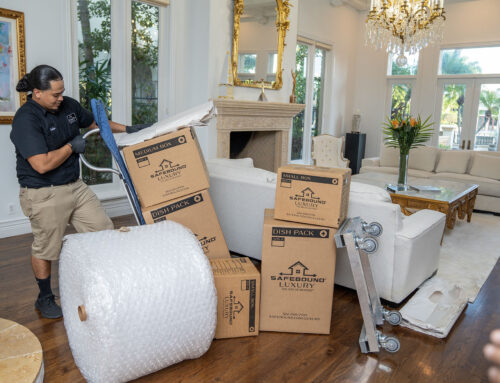Moving into a new home is an exciting adventure, but it also comes with its share of responsibilities. One of the most critical aspects to consider when settling into your new abode is ensuring the safety and security of your family and belongings. In this blog post, Safebound Moving & Storage will explore some essential steps to take in order to establish robust home security after a move.
1. Change Your Locks
The first and most crucial step in securing your new home is to change the locks. You never know who might have copies of the keys from the previous owner or tenants. Hire a professional locksmith to rekey or replace all exterior locks, including the front and back doors, garage doors, and any sliding glass doors. This ensures that you have exclusive access to your new home.
2. Install a Security System
Investing in a security system is a smart move for any new homeowner. Modern security systems offer a range of features, including motion detectors, door/window sensors, security cameras, and 24/7 monitoring. Having a security system in place not only deters potential burglars but also provides peace of mind, knowing that your home is protected, even when you’re not there.
3. Secure Doors and Windows
Even with a security system, it’s essential to fortify your home’s entry points. Consider reinforcing your doors with deadbolts and strike plates. For sliding glass doors, use a security bar or rod to prevent them from being forced open. Install window locks on all windows to prevent easy access from the outside.
4. Outdoor Lighting
Well-lit exteriors can deter criminals and make your home less attractive as a potential target. Install motion-activated lighting around your property, especially near entry points like the front door and garage. This not only enhances security but also provides added safety when you return home after dark.
5. Landscaping Considerations
Maintain a well-kept yard and landscaping, which can help improve security. Trim overgrown bushes and trees near windows to eliminate potential hiding spots for intruders. Additionally, consider using thorny or prickly plants near vulnerable entry points to discourage anyone from attempting to access your home.
6. Neighborly Bonds
Building good relationships with your new neighbors can be invaluable for home security. Neighbors can keep an eye on your property when you’re away and notify you or the authorities if they notice anything suspicious. In return, you can offer to reciprocate and look out for their homes when they’re not around.
7. Home Automation
Smart home technology can significantly enhance your home security. Invest in devices like smart doorbells, which allow you to see and communicate with visitors remotely. Smart locks enable you to control and monitor access to your home using your smartphone. You can even set up lights and appliances on timers or remotely control them to give the appearance of an occupied home when you’re away.
8. Secure Valuables
Don’t make it easy for thieves to find your most valuable possessions. Invest in a home safe for important documents, jewelry, and other valuable items. Place it in a discreet location, like a closet or basement, and bolt it securely to the floor to prevent it from being carried away.
9. Regular Maintenance
Home security isn’t a one-and-done task; it requires ongoing maintenance. Ensure that your security system is regularly serviced and all components are functioning correctly. Replace batteries in smoke detectors and security sensors as needed. Stay vigilant and make adjustments to your security measures as circumstances change.
10. Emergency Plans
Prepare for emergencies by establishing a family emergency plan. Ensure that everyone knows how to exit the home safely in the event of a fire or other hazards. Teach family members how to arm and disarm the security system and what to do if they suspect an intruder. Having a plan in place can be a lifesaver in critical situations.
11. Get to Know the Area
Familiarize yourself with the neighborhood and any potential security concerns. Are there high crime areas nearby? Are there any neighborhood watch programs you can join? Knowing the lay of the land and the local security situation can help you make informed decisions about your home security measures.
12. Insurance Coverage
Review your homeowner’s insurance policy to ensure it provides adequate coverage for your new home and belongings. Consider adding riders or additional coverage for high-value items. A good insurance policy can provide financial protection in case the worst happens.
Ensuring your new home’s safety is a top priority after a move. By taking these proactive steps, you can significantly reduce the risk of security breaches and provide a secure environment for your family. If you’re looking for the best moving company in West Palm Beach, FL, then look no further than Safebound Moving & Storage. Our company has a trusted name in the industry, known for their professionalism and reliability in handling your precious belongings.
Remember, home security is an ongoing process, so stay vigilant and adapt your measures as needed to keep your new home safe and sound. With the right precautions in place, and the assistance of professionals you can fully enjoy the excitement of your new home knowing that it’s well-protected.





